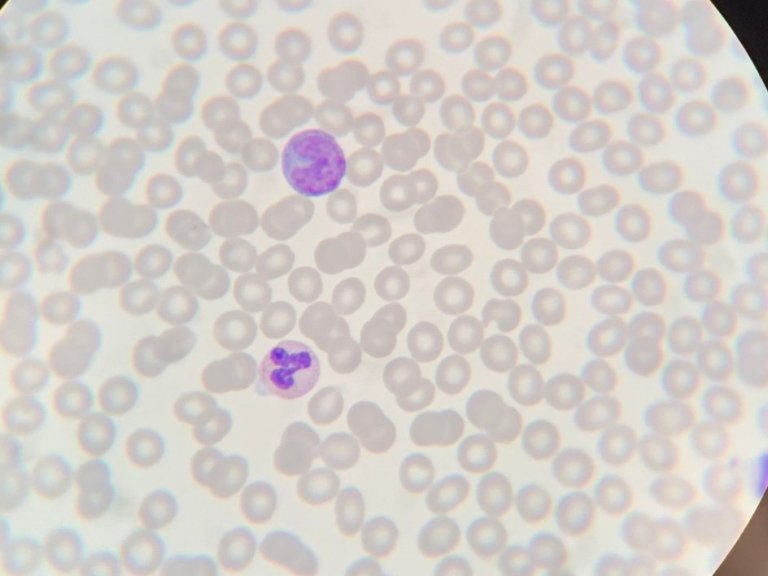Transgender people are increasingly undergoing gender-affirming hormone treatment. For transgender women, this feminizing hormone treatment leads to inhibition of sperm production. It has widely been assumed that that this would result in permanent infertility.
Testing Assumptions
To test this assumption, researcher Iris de Nie and gynaecologist Norah van Mello, together with paediatrician and biomedical researcher Ken Pang and colleagues from both Amsterdam and Australia, investigated the ability of nine transgender women to produce sperm, each of whom interrupted their gender-affirming hormone treatment due to a desire to have children.
The presence and quality of sperm after stopping hormone treatment were examined over time. The majority of individuals were found to be producing sperm within seven months of stopping hormones and showed evidence of viable sperm at the time of their initial semen collection. However, others had to wait for more than one year and had to try several times before viable sperm were found. Nevertheless, the research shows that the effects of gender-affirming hormones on sperm production can be reversed.
De Nie said, “We saw that gender-affirming hormone treatment does not have to lead to permanent infertility. This may allay fears that feminising hormone treatment causes long-lasting sterility.”
First Step
Although these findings provide an important new insight, larger studies in the future will be necessary to confirm these results. Van Mello said, “We have to be careful with these first results. After all, the patient cohort was small. Nonetheless, the results send an important signal that the fertility of transgender women does not seem to disappear completely, and these findings will definitely impact the fertility discussions that we have with transgender women in the future. Although it is generally preferable to freeze sperm before commencing feminizing hormone treatment, that’s not been possible for some transgender women or their desire to have biological children has only arisen later on. These results will provide hope for such individuals.”




